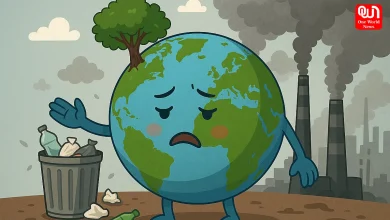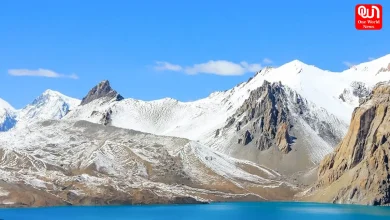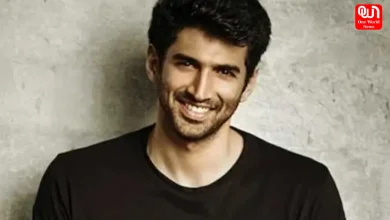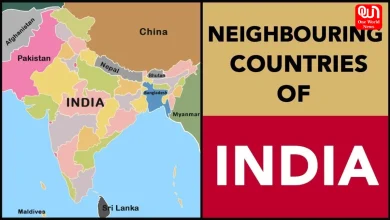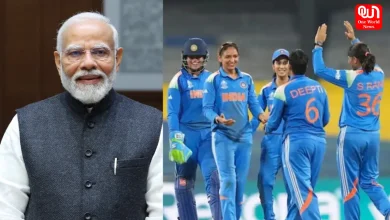SAARC: Kathmandu And Beyond
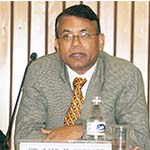
SAARC: Kathmandu And Beyond
India International Centre held a panel discussion. The topic at the helm was SAARC: Kathmandu and Beyond. The panellists included Dr. Ajay M Gondane, Joint Secretary SAARC, Shri Eric Gonsalves, former Ambassador of India in Tokyo, and Prof. Mahendra P. Lama, pro-vice chancellor of IGNOU and the founding vice chancellor of Sikkim University in India. The discussion was chaired by I.P.Khosla, former Ambassador to Bhutan, Netherlands.

Dr. Ajay Gondane initiated by saying that what is happening to SAARC is that it remains confined to official meetings and halls.
So, it needs to go out of the hall and go to the people. He also talked about the Information Centre of SAARC in Kathmandu. He said, “It was supposed to be a hub of various networks which are networks of smaller networks. Taking the impulses from the ground, collating and bringing to the sub-networks. The sub-networks will then bring it to the main network and then it would be collating it into the Information Centre. So that people would know what is happening. Unfortunately that has not happened”. He further added that the regional centres were supposed to be centres of excellence but couldn’t due to lack of funding. So he suggested that those centres need to cap the education centres in various countries.

Eric Gonsalves started by saying, “The media’s take on SAARC is so superficial that, I don’t think they understand what SAARC is doing. I don’t think they even try sometimes. Certainly not the English media, there may be some academics”. He then came to the issue of China saying that, one cannot pretend that China is not operating in South Asia, one cannot pretend that China is the same as some minor country next door. It is spending a lot of money. Without China, neither Pakistan not Afghanistan could survive in the next decade or so. They are also putting more and more into Myanmar, Sri Lanka, and Bangladesh and that is the fact of life. So he says that one has to take that into account and cannot think of excluding China. He also added that if India is to compete with China, it has to do it. India cannot compete by excluding itself.

He further added, “I would submit, as we go into the Asia-Pacific future, that we should have a grouping around the Indian Ocean in which we are more important. But this requires, first of all planning and that planning should spread across the whole board”. He talked about India collaborating with other NGOs and countries in case of natural disasters. He said that we got great dividend on what we did during the Tsunami in 2004. India is doing the same thing in the Ebola Virus case. But India needs a greater involvement in these kinds of things. This kind of soft power is necessary. He then talked about the energy sector, which is getting open in between the SAARC countries. He said, “The energy thing has been opened and I do hope that it works out. It will work out. There is rationality to it. It’s going to make life cheaper. Whether Pakistan comes or not, they need it more than anybody else, it will work out”. The essence is that all this requires political will. And the governments in South Asia need to recognize that they need to push things through their instrument.

Professor P Lama says, “After 30 years we realise that the model of SAARC has failed to deliver the goods. Because it was a single variable model, everything would be led by the Government and it will be totally bureaucratise. So we would like to change the model. Why not make it upside down? Now we call it a CC-PP model i.e. Communities, Civil Society- Private sector, Public sector. The moment you talk about the CC-PP model, you talk about projects, that can be targeted, that can be realised. The moment you do this, you are turning the entire SAARC process into project mode and that is where regionalism has succeeded. He further added that in every region, to succeed there has to be a pivotal country and the only country that can play that pivotal role is India. India has to think big and take transformative steps. India has to sacrifice its national prejudice.

